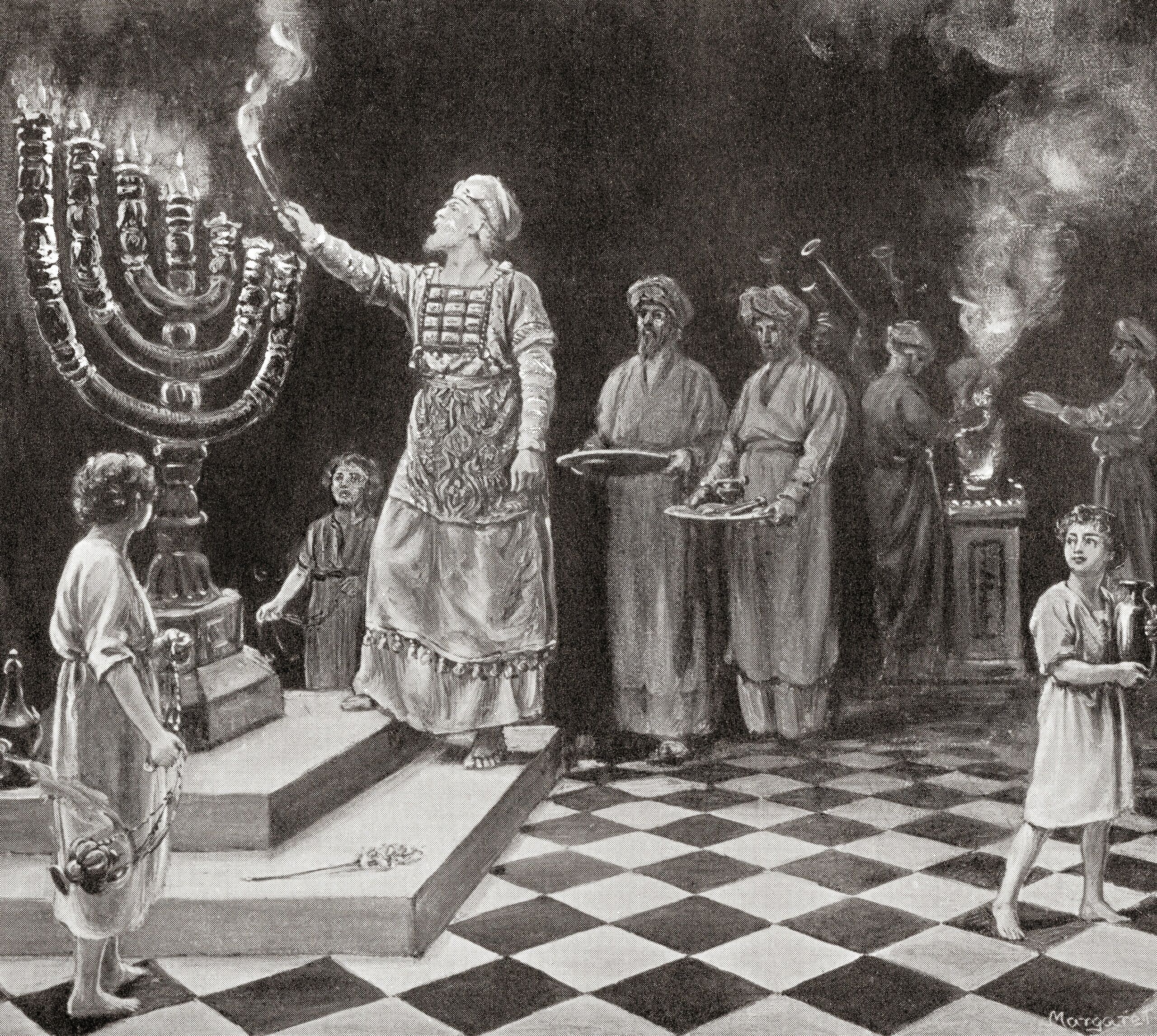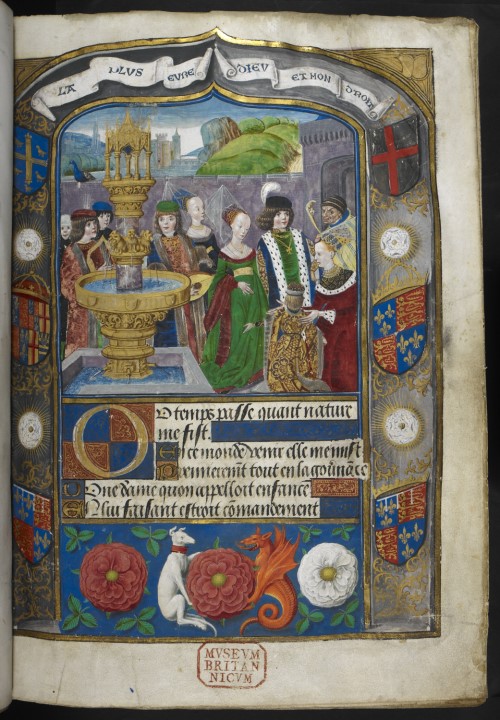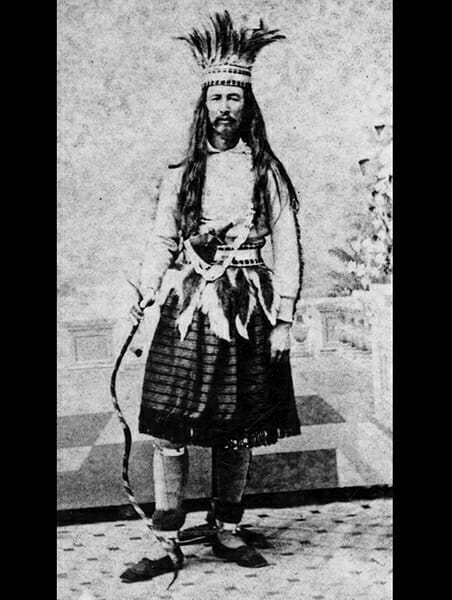
Texas Juneteenth Day Celebration, 1900. Credit: Austin History Center
Juneteenth (short for “June Nineteenth”) is the official name of the holiday commemorating the end of slavery in the United States. Observed annually on June 19, Juneteenth is known to be the Black Independence Day. In 1863 during the American Civil War, President Abraham Lincoln issued the Emancipation Proclamation declaring that more than three million slaves living in the Confederate states were to be freed. Across the south, freedom came at varying times. As General Sherman made his famous march to the sea across Georgia in late 1864, 17,000 liberated slaves followed his army, with hundreds more dying of hunger and exposure.
For the approximately 450,000 enslaved people not in the footpath of Sherman’s armies, emancipation did not occur as quickly, and in some cases, slave owners withheld the information until after the harvest season of 1865. It would not be until that same year of 1865 that the news reached African Americans living in Texas. When Union soldiers arrived in Galveston, Texas, on June 19, the state’s residents finally learned that slavery had been abolished. What followed was a period of celebratory song, dance, and prayer.
The following year, the first official Juneteenth celebrations took place in Texas. The original festivities included prayer meetings and the singing of spirituals, people would often wear new clothes to represent their newfound freedom. In the years to follow, African Americans in other states began celebrating the day as well, making it an annual tradition. Celebrations have continued across the United States into the 21st century and tend to include some of the same traditions

Juneteenth celebration at Eastwoods Park, 1900. Credit: Austin History Center
and customs that started back in 1865. Juneteenth became a state holiday in Texas in 1980, and a number of other states consequently followed suit. Georgia became the 37th state to recognize Juneteenth in 2011. In 2021, Juneteenth was made a federal holiday in the United States, allowing for nationwide recognition.




